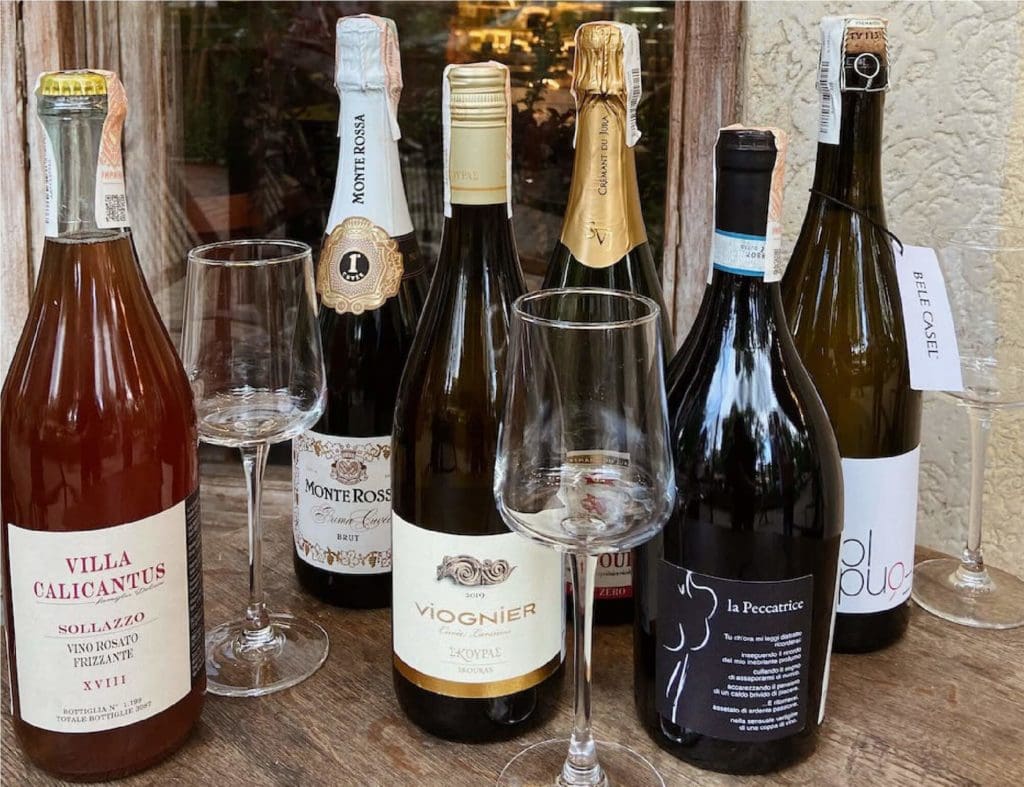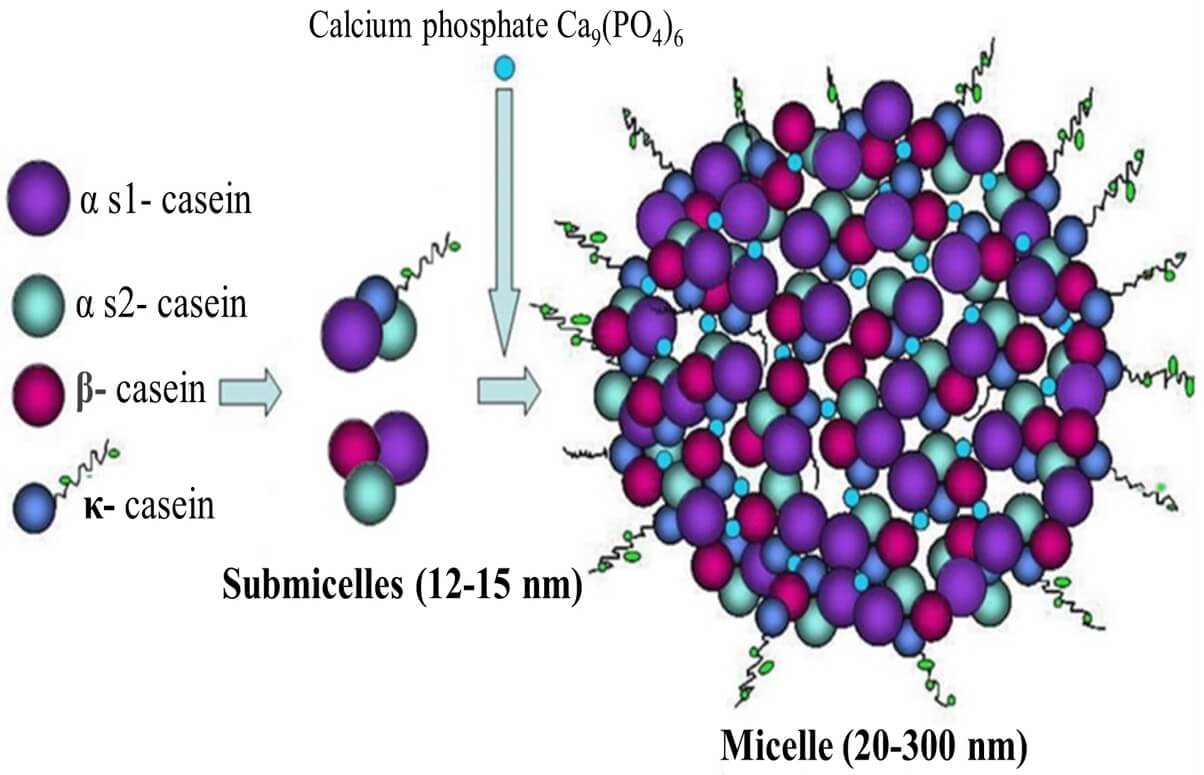A journey through technologies and practices ensuring safety and transparency in beverage products

In recent years, traceability has become a key concept in the beverage industry. Consumers are increasingly interested in knowing the origin and quality of the products they purchase, prompting companies to implement increasingly sophisticated systems to ensure safety and transparency throughout the entire production chain. In this article, we will explore the technologies and practices that are revolutionizing the concept of traceability in the world of beverages.
One of the primary tools used for traceability is radio frequency identification (RFID) technology. This technology allows for the application of small RFID tags to bottles, containing unique digital information. RFID tags can be read and recorded during each stage of the production and distribution process, enabling companies to monitor and trace the journey of each individual bottle. This means that product authenticity can be verified, potential security issues can be identified, and detailed information about the entire supply chain can be obtained.


In addition to RFID, another technology that is gaining increasing importance is blockchain. Blockchain is a distributed and immutable digital ledger that securely and transparently records transactions. In the beverage industry, blockchain can be used to create reliable and tamperproof traceability.
Every transaction, from the purchase of raw materials to beverage production, can be recorded on the blockchain, allowing companies and consumers to access detailed information about the origin, ingredients used, and production practices. This ensures high food safety standards and promotes consumer trust in the product.

However, traceability is not just about technology. Sustainable practices and collaboration among the various parties involved in beverage production are equally important.
Many companies are committed to working in partnership with raw material suppliers, manufacturers, and distributors to ensure accurate traceability of beverage products while adhering to sustainability standards. This active involvement of all stakeholders contributes to creating a responsible and transparent supply chain.
Furthermore, the use of labels and warranty seals is another common tool to guarantee traceability in the beverage industry. Labels can provide information about the place of production, expiration dates, and quality certifications.
Warranty seals, on the other hand, indicate that the product has not been opened or tampered with. These elements provide additional guarantees to consumers regarding the safety and authenticity of the products they are purchasing.




